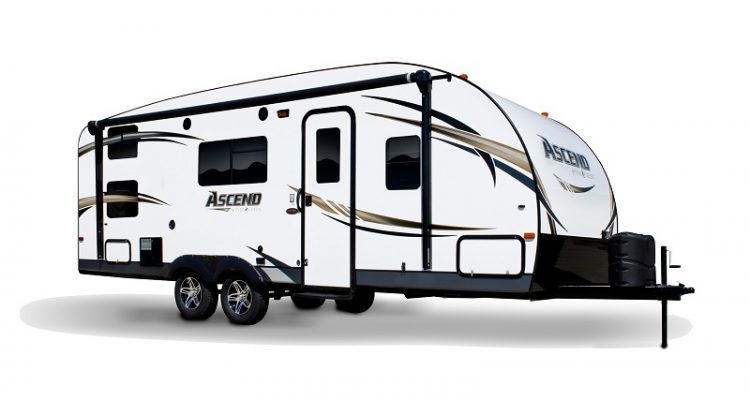An RV can cost anywhere from as little as few thousand dollars used to as much as a house located in a middle-class neighborhood. Since there’s a good chance you’re going to spend a decent amount of money, you’re going to first want to know what you’re getting yourself into budget wise.
#1 Financing Options
Whether you buy new or used, the good news is that you don’t have to pay in cash to afford one since many banks and dealers will work with you to figure out low monthly payments. However, before you get excited about these low monthly payments, there are a few things you will want to keep in mind.
For starters, ask yourself how much you’re willing to put down on the loan. Since the banking industry has tightened up on their lending standards, a lot of reputable banks with lower interest rate loans may ask for as much as 20 percent down. This is something you will want to keep in mind.
Aside from the down payment, also keep the loan’s term, interest rates and your credit score in mind when considering an RV loan to make sure it all makes sense for your budget.
#2 RV Insurance
Anything you can drive on the road will always require some sort of insurance policy, regardless of where you live in the United States, and choosing the right insurance policy is critical since all policies won’t be created equally.
When choosing your insurance policy, you’re going to want to keep a few things in mind.
First of all, figure out how much you’re going to drive the RV. If you only plan on taking it on a few weekend getaways here and there, then you may want to work with your auto insurance carrier as most will be more than happy to cover you. However, if you plan on being a full-time RVer or close to it, then you may want to look at a specialized policy because many auto insurance companies may not cover you if you were to live in it full time.
#3 The Fuel Costs
Unless you plan on camping in your driveway, it’s going to have to go from point A to point B, and sadly, it isn’t going to move free. Fuel, unfortunately, won’t come cheap, so it’s so important to know what kind of MPG you’re looking at.
For example, diesel RVs often get less than 10 miles per gallon, while a smaller class B RV could get close to 15 miles per gallon. If you’re unsure or confused, that’s okay. Local RV dealers can help you know exactly what kind of gas mileage you’re going to get on the road. To find a reputable dealer, a simple search such as “RV Dealer Texas” would suffice if you were to live in the Texas area, for example.
Like a house, you don’t just buy it and don’t have to worry about paying a penny again. While it would be nice, an RV can be much more than you think. However, don’t let this deter you as the fun far outweighs the fun you will have on the open road.


